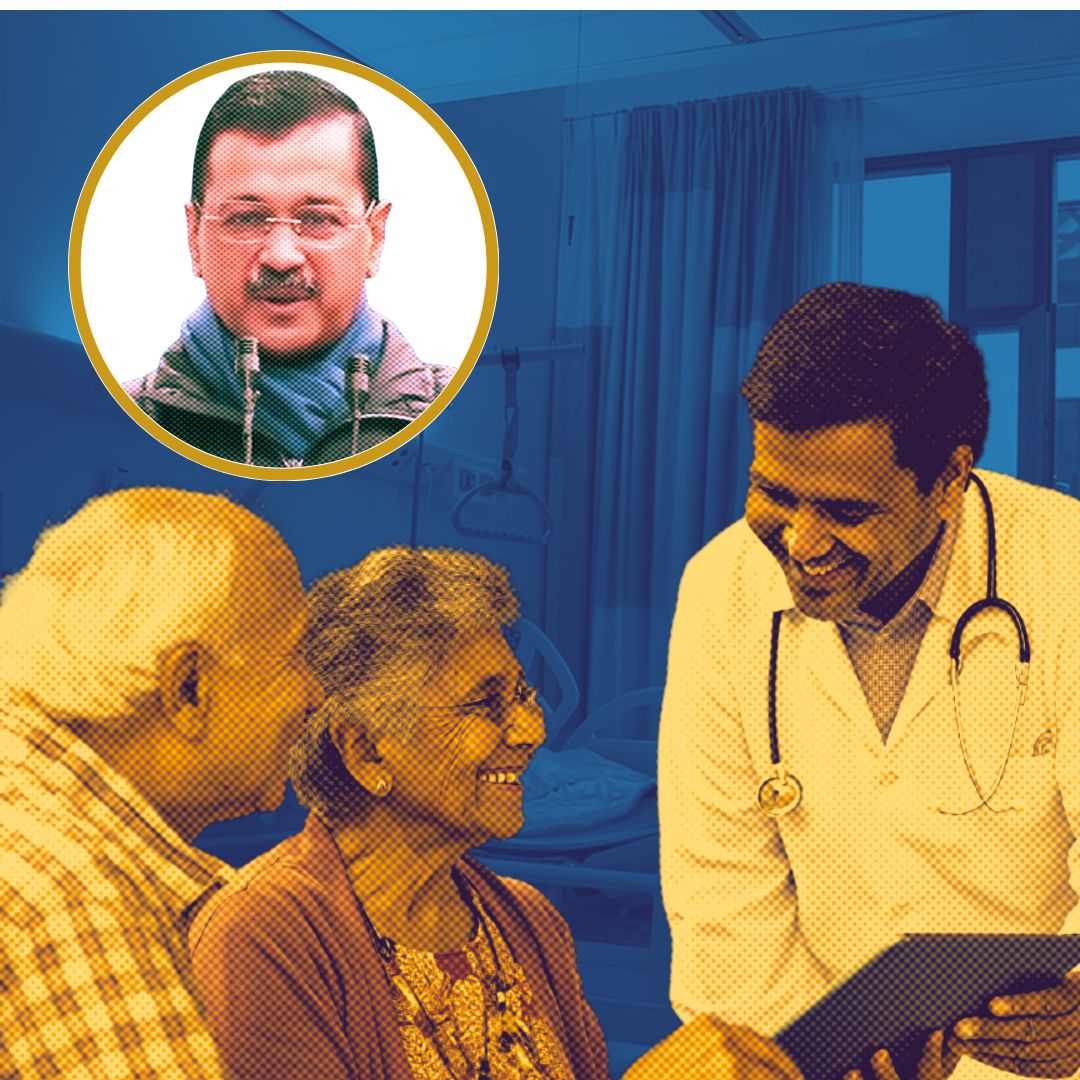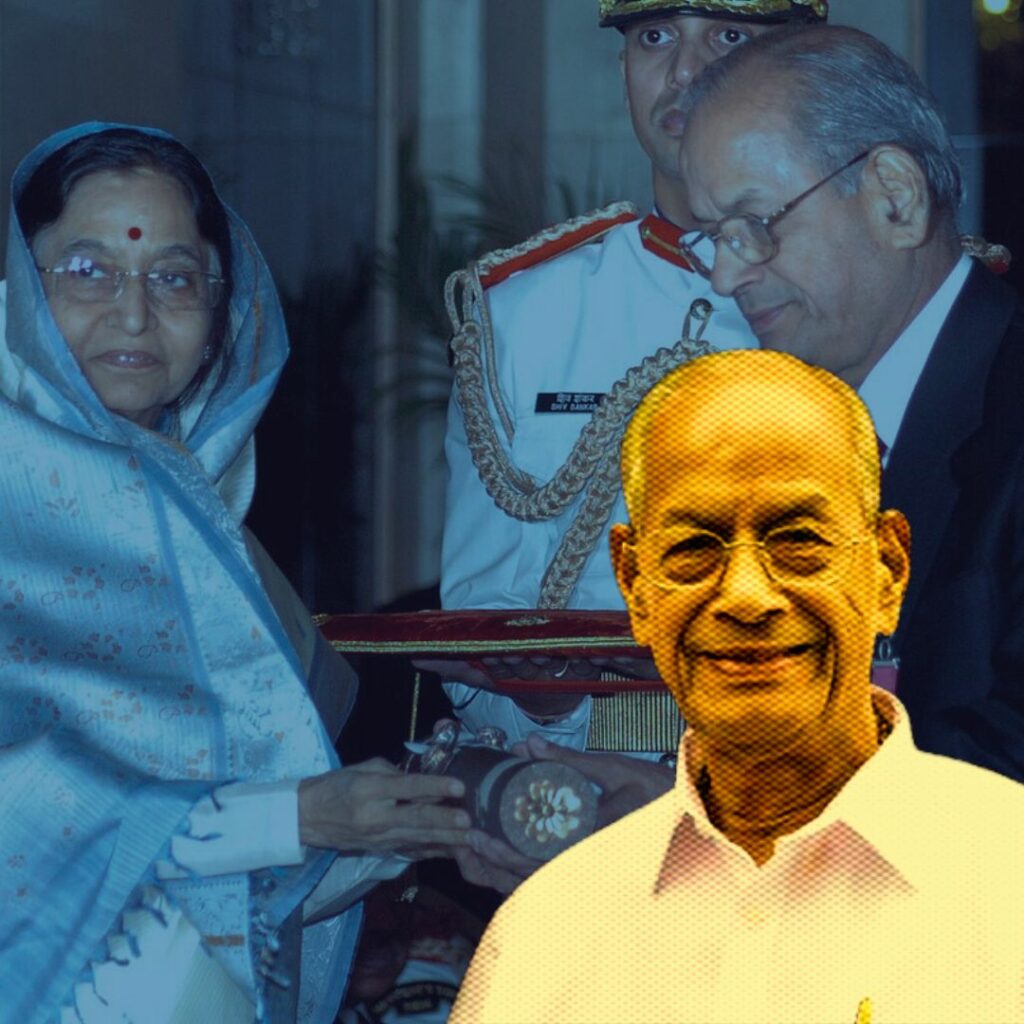In a significant announcement ahead of the February 2025 Delhi Assembly elections, Aam Aadmi Party (AAP) leader Arvind Kejriwal pledged free medical treatment for all citizens aged 60 and above under the ‘Sanjeevani Yojana.’ This initiative aims to provide comprehensive healthcare in both government and private hospitals without any cost cap.
Kejriwal emphasized his commitment to the elderly, stating, “It is now our duty to take care of you,” as part of a broader strategy to secure votes from senior citizens and women, following a recent promise of financial aid for women voters. However, the scheme raises questions about its overlap with the existing Ayushman Bharat Yojana, which provides coverage for a wider demographic.
Details of the Sanjeevani Yojana
The Sanjeevani Yojana represents a landmark move in Delhi’s healthcare landscape. Under this scheme, seniors over the age of 60 will be eligible for free medical treatment, which includes hospitalisation, surgeries, outpatient care, and essential medications. Registration is expected to begin shortly, with AAP workers assisting seniors in their homes to ensure easy access to the programme. Beneficiaries will receive a health card that can be used at both government and private hospitals without any financial burden.Kejriwal’s statement highlighted the emotional connection he seeks to establish with the elderly population: “
The elders of Delhi have always considered me as their son.” This personal appeal aims to resonate with voters who may feel neglected by other political parties. The initiative is seen not just as a healthcare measure but also as a strategic electoral move to garner support from senior citizens and their families, who often play a crucial role in influencing election outcomes.
Key Benefits of the Initiative
The Sanjeevani Yojana promises several key benefits that aim to improve the quality of life for senior citizens in Delhi:
- Financial Relief: By covering all medical expenses for seniors, the scheme alleviates financial burdens on families who often struggle with high healthcare costs.
- Comprehensive Coverage: The inclusion of both inpatient and outpatient services ensures that seniors receive holistic care without worrying about hidden charges or co-payments.
- Accessibility: With AAP workers facilitating registration and providing health cards at home, the initiative aims to make healthcare services more accessible to those who may have mobility issues.
- Quality Healthcare: The scheme encourages hospitals to maintain high standards of care since they will be catering to an increasing number of patients under this initiative.
Kejriwal remarked, “This is our commitment to ensure that no elder in Delhi has to face financial hardship when seeking necessary medical treatment.”
Political Context and Implications
This announcement comes at a time when AAP faces increasing pressure from opposition parties, particularly the Bharatiya Janata Party (BJP), which has been vocal about its criticisms regarding AAP’s management of healthcare services in Delhi. The BJP has accused AAP of failing to implement the Ayushman Bharat scheme effectively, leading to higher out-of-pocket expenses for residents seeking medical care.
Understanding Ayushman Bharat Yojana
The Ayushman Bharat Yojana (AB-PMJAY), launched in 2018 by Prime Minister Narendra Modi, provides annual health coverage of up to ₹5 lakh for economically vulnerable families across India. It covers secondary and tertiary hospitalization costs without requiring beneficiaries to pay premiums or out-of-pocket expenses at empanelled hospitals. This scheme is designed for a broader demographic, including families with members aged 70 and above, regardless of income.
While both schemes aim to improve healthcare access for vulnerable populations, there are notable differences:
- Target Demographic: Sanjeevani Yojana specifically focuses on residents aged 60 and above, while Ayushman Bharat covers economically weaker families across all ages.
- Scope of Coverage: Ayushman Bharat provides extensive coverage for various medical procedures and treatments beyond just hospitalisation.
- Implementation: Sanjeevani Yojana is localized within Delhi, whereas Ayushman Bharat is a nationwide initiative.
Reactions from Stakeholders
The announcement has garnered mixed reactions from various stakeholders. Health experts have praised the initiative as a much-needed step towards improving healthcare access for vulnerable populations. Dr. Anjali Sharma, a public health advocate, commented, “This scheme can alleviate financial burdens on families caring for elderly members and improve health outcomes.”
Conversely, some critics argue that while the initiative is commendable, it may not address systemic issues within Delhi’s healthcare infrastructure. They stress the importance of ensuring that hospitals are equipped to handle an influx of patients under this new scheme.
The Logical Indian’s Perspective
The introduction of free healthcare for senior citizens reflects a crucial step towards inclusive governance and social responsibility. By prioritising the needs of the elderly, AAP not only addresses immediate healthcare concerns but also fosters a sense of community and support among its citizens. Such initiatives can encourage dialogue about the importance of accessible healthcare for all demographics.
As we look towards the future, it is essential for political leaders to consider sustainable solutions that go beyond electoral promises. How do you think this policy will impact voter decisions in the upcoming elections? Will it lead to meaningful changes in Delhi’s healthcare system? Share your thoughts below!
Arvind Kejriwal Launches Sanjeevini Yojana
— Sneha Mordani (@snehamordani) December 18, 2024
▶️Free Treatment for Senior Citizens: All elderly residents of Delhi will receive free healthcare in both private and government hospitals.
▶️Comprehensive Coverage: The scheme will cover everything from routine procedures to critical… pic.twitter.com/bgoXFzZErU











